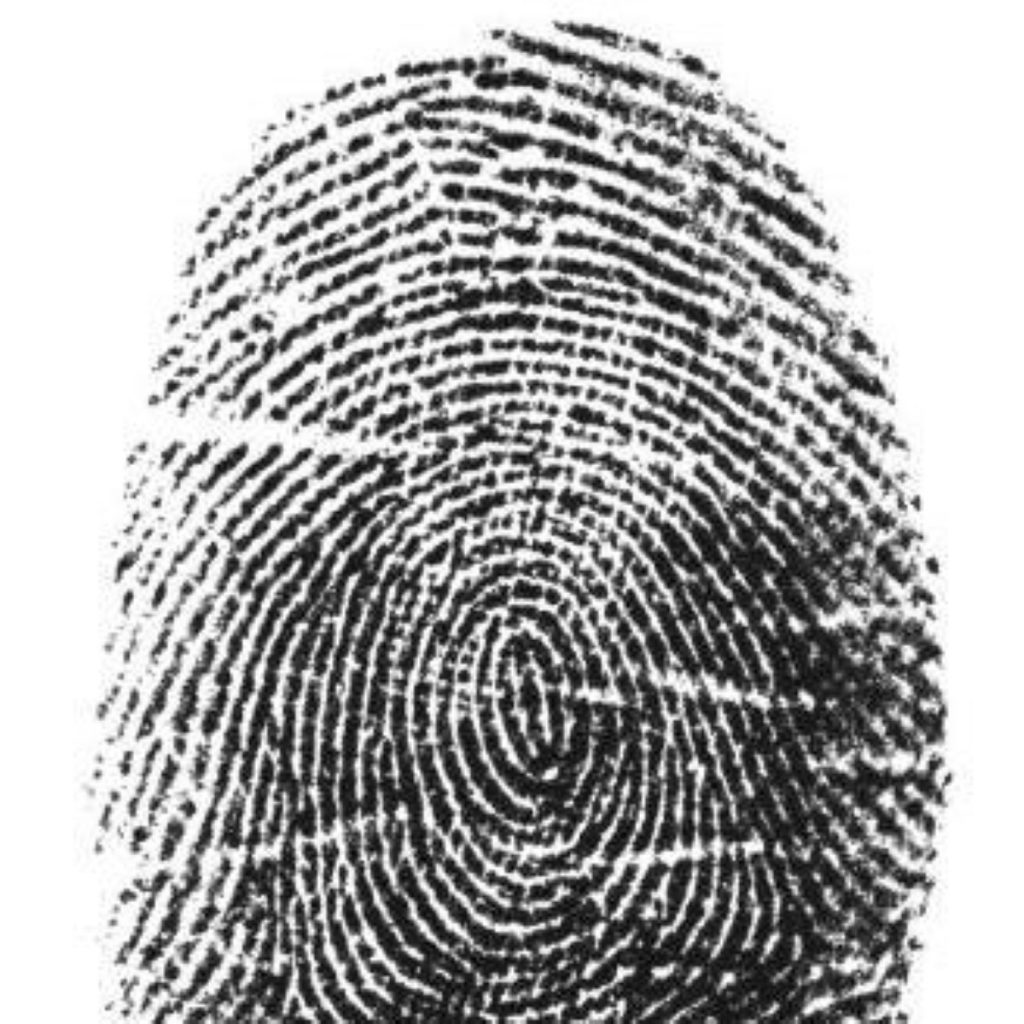Big Brother warning from Information Commissioner
The Information Commissioner for England and Wales has today warned that the UK could be “sleepwalking into a surveillance society”.
Richard Thomas has previously expressed severe concerns about the Government’s proposals for identity cards and today’s interview with The Times is his latest public intervention in the debate.
Most of his comments are not new, but they represent a pulling together of his many previously expressed concerns about the level and extent of information about non-criminal citizens the Government is seeking.
Mr Thomas has headed the Information Commissioners Office since 2002. He is accountable directly to Parliament, not the Government, with a brief to both promote respect for citizens’ private lives and encourage open and accountable government.


Speaking to The Times, he singled out proposals for ID cards, a population register and the children’s register that would contain details of every child from birth until adulthood. It aims to allow official agencies to share information about welfare concerns, so as to avoid a repetition of the Victoria Climbie case. She was tortured to death by her carers, despite being known to a wide range of child protection agencies.
Mr Thomas says: “I am not a Luddite. There are reasons why we need to promote better information sharing where children are at risk, but whether the right answer is to create a database of every child in the country should be questioned.”
On ID cards in particular, he claims that the Government has failed to spell out exactly what the cards are for, saying: “The Government has changed its line over the last two or three years as to what the card is intended for. You have to have clarity. Is it for the fight against terrorism? Is it to promote immigration control? Is it to provide access to public benefit and services? Various other reasons have been put forward … I don’t think that is acceptable.”
Mr Thomas warns that the public has not “woken up” to the level of information collection being proposed.
“It enables the Government of the day to build up quite a comprehensive picture about many of your activities. My job is to make sure no more information is collected than necessary for any particular purpose.”
Pointing to the General Franco’s dictatorship in Spain, which collected large amounts of personal information, he says he doesn’t want to use “paranoia language”, but adds: “Some of my counterparts in Eastern Europe, in Spain, have experienced in the last century what can happen when government gets too powerful and has too much information on citizens. When everyone knows everything about everybody else and the Government has got massive files, whether manual or computerised.”

